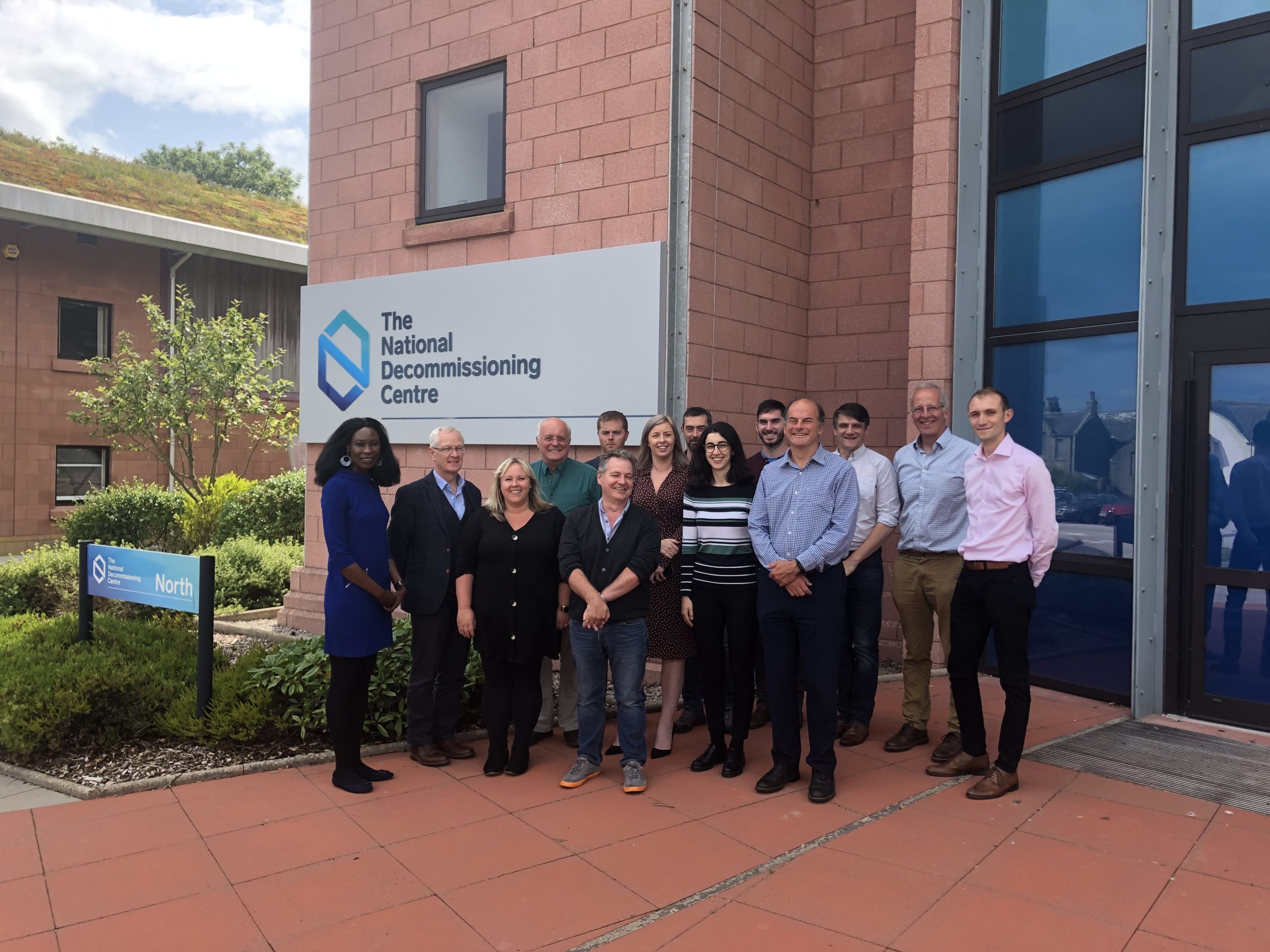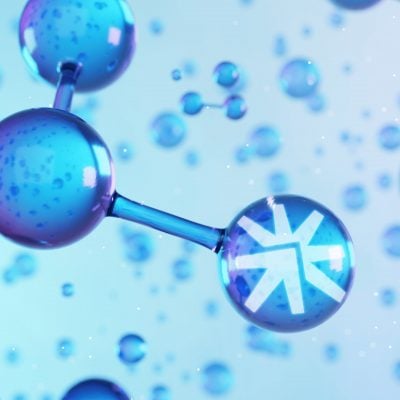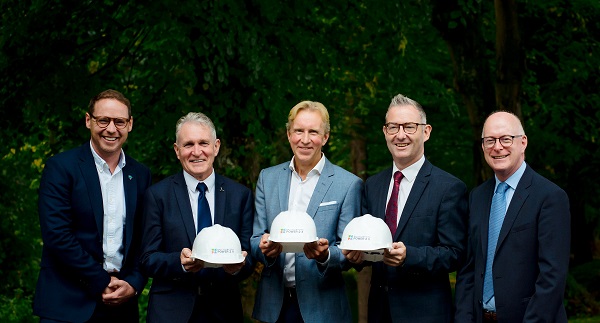NEWS & INSIGHTS | article
Hydrogen Hub Orkney (H2O) – groundbreaking hydrogen offshore project gets underway

- NZTC awarded £500,000 funding for pioneering hydrogen project
- Unique collaboration of six project partners to deliver first of its kind project – exploring feasibility of an offshore hydrogen supply programme at Flotta Oil Terminal in Orkney
- Realising circular economy through re-use and re-purpose of oil and gas infrastructure
A pioneering, multi-partner project led by The Net Zero Technology Centre (NZTC), awarded £500,000 funding for their Hydrogen Offshore Production (HOP) Project – the first of its kind in Scotland – has completed its first phase.
The Hydrogen Supply Competition, funded by the Department for Business, Energy & Industrial Strategy (BEIS), aims to accelerate the development of low carbon bulk hydrogen supply solutions and invited applications earlier this year. The NZTC-led Hydrogen Offshore Production (HOP) Project was one of only 13 applications successful in receiving a share of BEIS’ £20 million fund.
In a unique collaboration, the NZTC brought together Aquatera, Cranfield University, Doosan Babock, EMEC Hydrogen and NOV to prove the feasibility of several options for decentralised hydrogen generation, storage and distribution that collectively provide a scalable offshore hydrogen production solution. If successful, this would enable bulk hydrogen production using offshore platforms and could offset a portion of decommissioning costs that are currently estimated for all offshore assets and infrastructure.
The Hydrogen Offshore Production (HOP) Project aims to tackle the challenge of bulk hydrogen production by:
- proposing viable environmental and economic technology solutions
- developing a new industrial hydrogen production test site to both prove the industrial benefits and to aid commercialisation of emerging technologies
- marketing and producing the business case for the transformation of existing offshore infrastructure, re-purposing assets and demonstrating the viability of decentralised generation of hydrogen
Hayleigh Pearson, Project Engineer at the NZTC commented:
“When considering an alternative energy mix for the future, we need to ensure we maximise our resources. With over 250 platforms and 45,000 km of pipeline installed within the UKCS, we are looking at an alternative solution which not only addresses the national challenge of a low carbon energy supply, but also reuses and repurposes existing infrastructure and workforce skills at a time when assets are nearing the end of their economic life.
“Decommissioning these facilities in an efficient and cost-effective manner could cost £58 billion. However, through the implementation of new technology we can extend the life of assets through re-use and a circular economy approach. Marginal developments could also benefit as there is the potential to supply clean energy to power them.”
The BEIS funding has allowed the project team to explore the delivery of an offshore hydrogen supply programme via industrial trials at the Flotta Oil Terminal in Orkney. Phase one looked at the scenarios, concept design, and addressed the feasibility of offshore deployment, proposing viable tech options that could be fast-tracked for development. The island of Flotta is ideally placed to benefit from local expertise, existing supply chain and advanced technology solutions. The Flotta Oil Terminal and Water Testing Centre could be expanded upon in a cost effective way to deliver this program.
Chris Pearson, Marginal Developments Solution Centre Manager added:
“Significant renewable energy potential exists in Orkney and existing infrastructure already supports our philosophy of reuse and repurpose. There is demand for hydrogen over a broad range of applications from domestic boilers in our homes to all forms of transportation including cars, heavy haulage and aircraft, through to agriculture and marine industries – swift progress will have to be made to reach the target of H2 being 18% of the energy mix within a decade.”
Phase two undertakes the creation of an industrial hydrogen test site and the completion of pilot studies, as well as FEED (front end engineering design) of H2 systems and retrofit of offshore systems. Whilst there are several funding stream opportunities, the team have also submitted a proposal for phase two BEIS funding, which will award two projects a further £7.5 million.
Gareth Davies, Managing Director at Aquatera Ltd commented:
“Hydrogen is an energy vector that will be crucial, both nationally and internationally, in the transition to a low carbon/zero carbon energy mix. It is, therefore, imperative that the UK takes steps to maximise the energy resources available to it and drive forward the energy transition in a sustainable manner.
Aquatera is excited to be part of such an innovative collaboration which has, at its core, an Orkney focus. Furthermore, this project allows Aquatera to demonstrate its track record in both the marine renewables sector and hydrogen sphere together with the work it has undertaken in the oil and gas sector.”
Professor Krzysztof Koziol from Cranfield University added:
“At Cranfield University we are prioritising sustainable, low cost and large volume hydrogen production. At the same time we are looking at a revolutionary model on complete capture and smart reuse of any carbon generated to create zero waste output. The HOP is an ideal environment with sustainability and scale in mind, taking the lead on zero carbon hydrogen production strategies.”
Graeme Booth, Head of Research and Innovation, Doosan Babcock, added:
“It is often proposed that the solution to large scale hydrogen production is large, centralised, onshore infrastructure; however, there is untapped potential in the use of offshore assets, many of which are decommissioned or approaching end-of-life. Offshore windfarms (fixed and floating) offer a significant source of power which strengthens the value proposition for offshore hydrogen generation. With energy transition and decarbonisation gaining interest in the oil and gas sector the timing is right to deliver a test centre designed to confirm the suitability and reliability of hydrogen generation equipment for offshore conditions.”
Jon Clipsham, Hydrogen Manager at EMEC Hydrogen concluded:
“Hydrogen will be an important component of the future energy mix, and the hydrogen eco-system in Orkney provides a valuable location for us to understand its role. Managing the energy transition to achieve our climate change targets will require a huge effort, and bringing the oil and gas, and renewables sectors together in the HOP project will create new ideas and relationships.”
Subscribe for the latest updates




